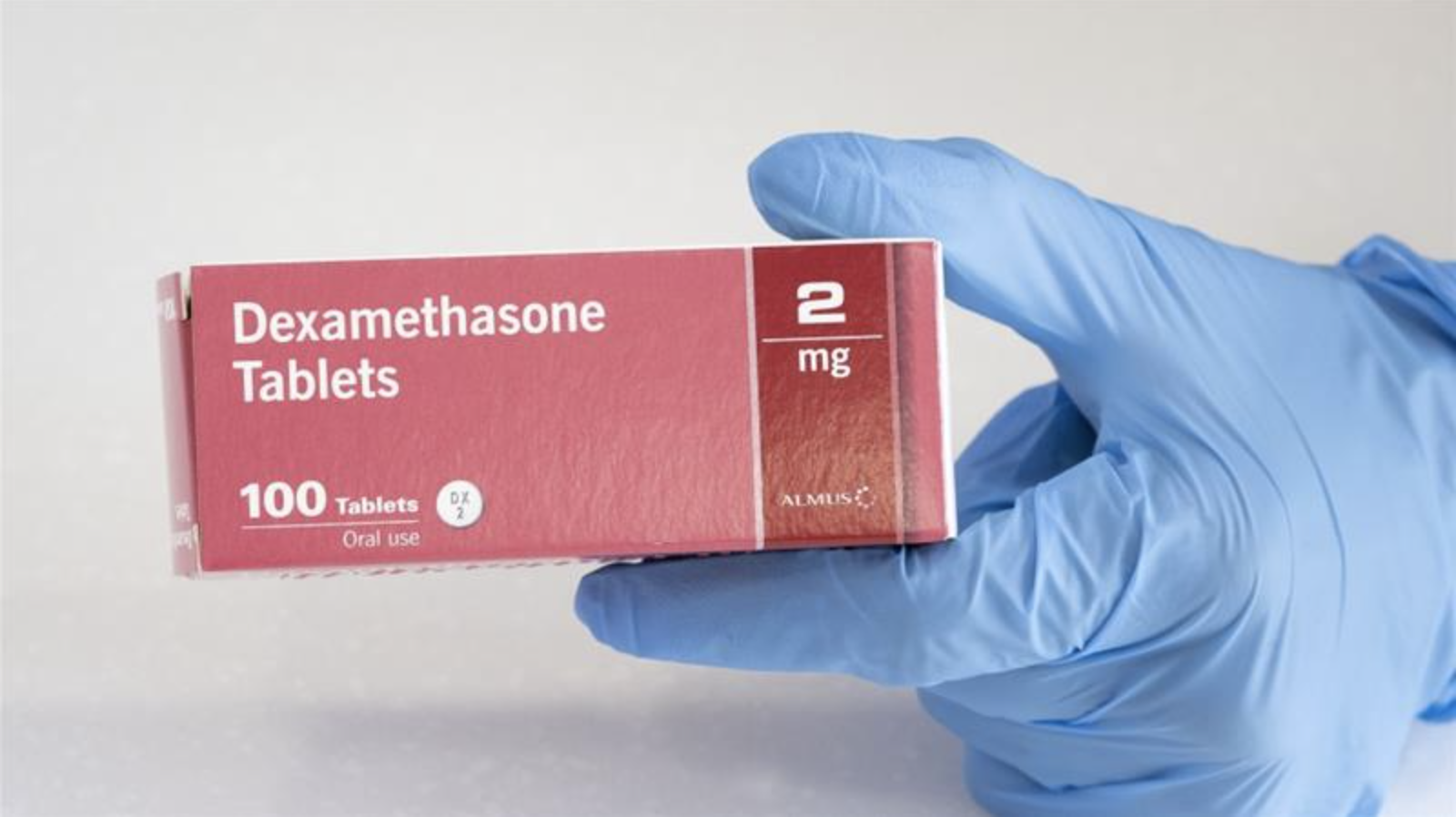 |
| Dexamethasone use may interrupt emmetropization. Photo: Getty Images |
A recent study suggests systemic use of dexamethasone interrupts emmetropization, according to findings presented during the 2022 ARVO annual meeting in Denver.
The researchers administered dexamethasone or vehicle daily to chicks during the development of monocular form deprivation myopia (the last seven days of a 17-day deprivation period). Occluders were removed on the last day of treatment, and chicks experienced unrestricted vision for a recovery period of about 20 hours.
Data showed a significant decrease in choroidal IL6 gene expression in recovering eyes treated with dexamethasone vs. recovering eyes of vehicle-treated chicks. The study authors detected no significant differences in IL6 gene expression in the choroids of control eyes between chicks treated with dexamethasone vs. vehicle.
The researchers reported a significant decrease in scleral proteoglycan synthesis in control eyes treated with dexamethasone compared with control eyes of vehicle-treated chicks. Despite this finding, they also observed that dexamethasone treatment led to a significant increase in scleral proteoglycan synthesis in recovering eyes relative to fellow controls.
“Dexamethasone treatment reduced choroidal gene expression of IL6 in recovering eyes, resulting in a disinhibition of scleral proteoglycan synthesis during recovery from induced myopia,” the study authors noted in their abstract. “These results provide additional support for a role of inflammation in visually regulated eye growth.”
Original abstract content © Association for Research in Vision and Ophthalmology 2022.
Summers J, Soriano D, Martinez E. Emmetropization is associated with a modified inflammatory response in the eye. ARVO 2022 annual meeting. |


